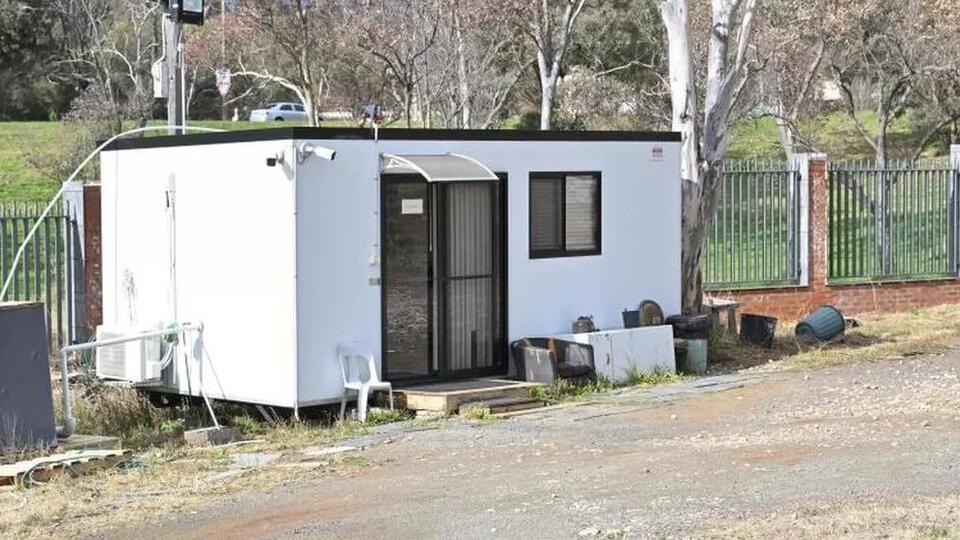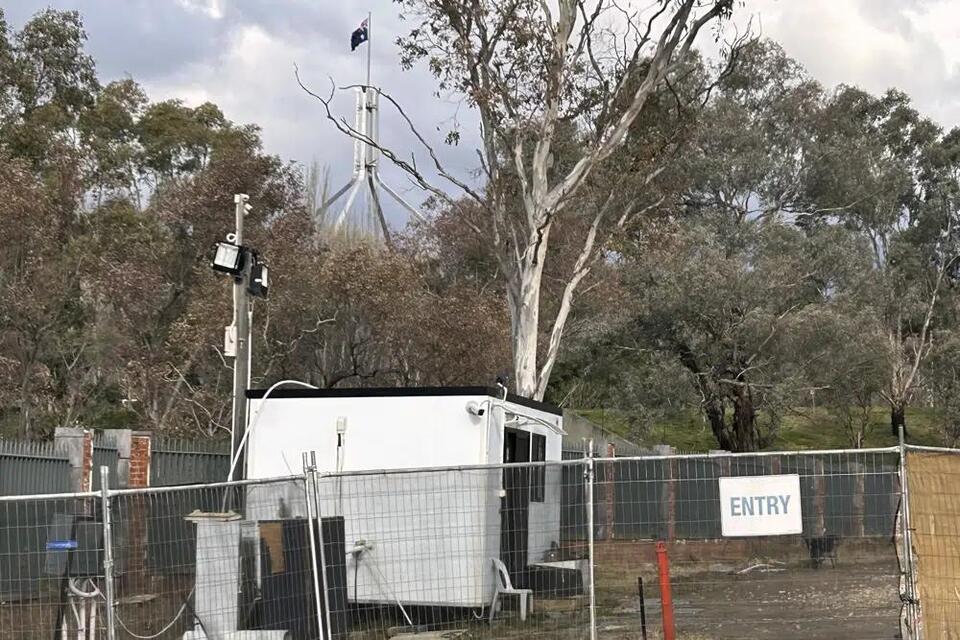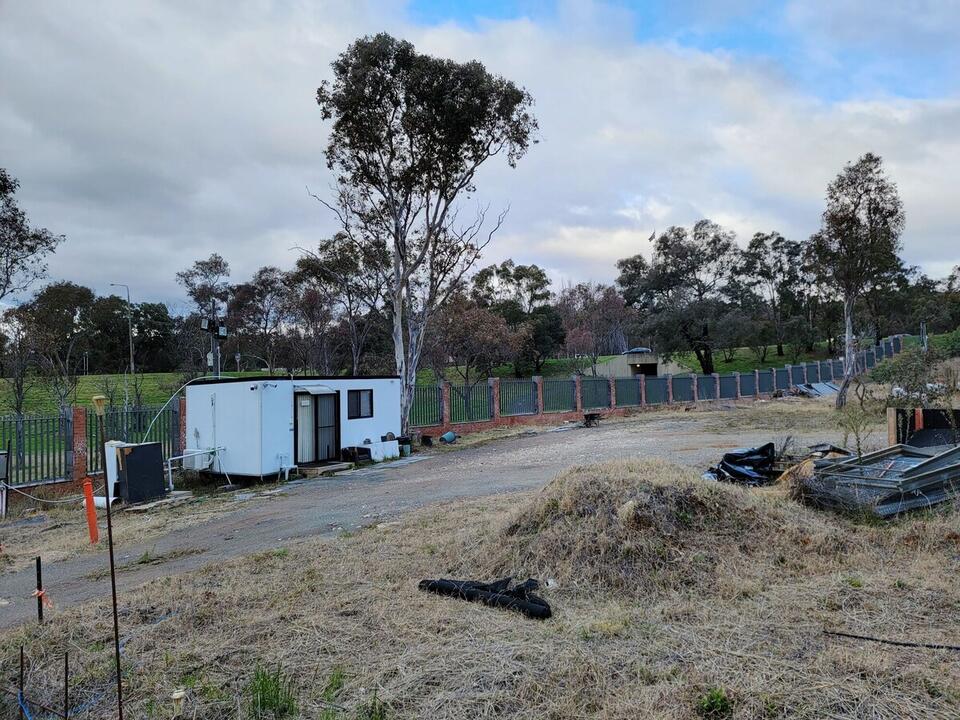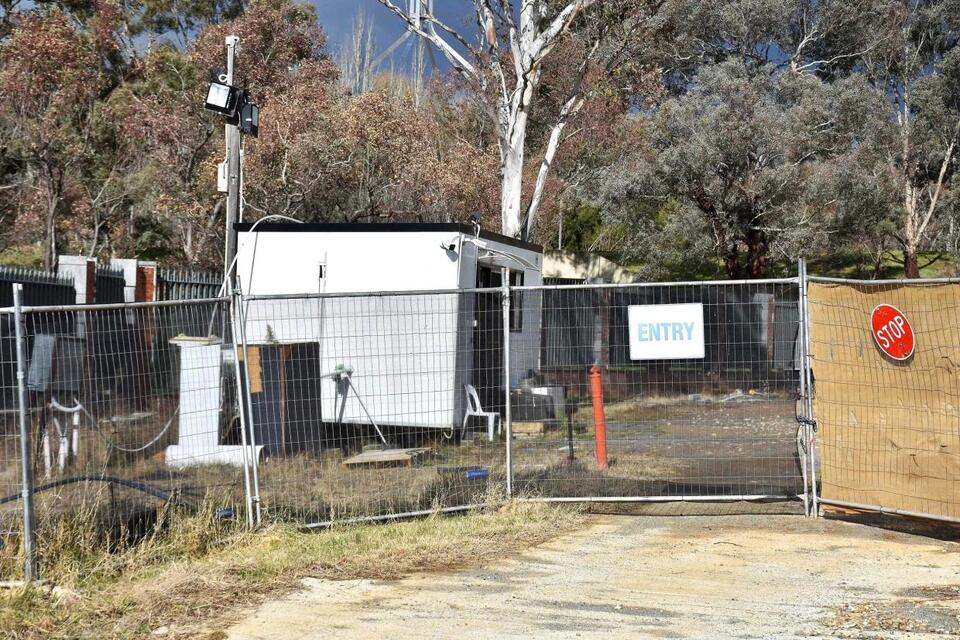

The recent news of a Russian diplomat occupying the site of Moscow’s proposed new embassy in Canberra, Australia, has caused quite a stir in political circles. While Australian Prime Minister Anthony Albanese has dismissed the act of defiance, many are seeing it as a Cold War throwback. The incident has also sparked conversations about diplomatic immunity, the power of local authorities, and the Russian playbook in international relations. Let’s take a closer look at what’s going on Down Under.

Last week, the Australian parliament passed emergency legislation blocking Russia’s lease on a largely empty block in Canberra’s Yarralumla diplomatic precinct on security grounds. The new embassy would have been too close to Parliament House, posing a potential national security threat. However, a suspected Russian diplomat has been living on the site in a portable building since Sunday, sending a clear message of defiance to the Australian government.

While the Russian embassy has refused to comment on the situation, Australian National University international law expert Don Rothwell believes that occupying the site gives Russia no advantage in any legal challenge to the eviction. He sees it as a form of diplomatic civil disobedience, indicating Russia’s displeasure with the action of the Australian government. The only potential challenge that Russia could mount is over the amount of compensation that Australia offers for money already spent on construction and earthworks.
But the bigger question is, what does this incident say about international relations and the Russian playbook? (apnews.com) Some are seeing it as a Cold War throwback, a reminder of the days when the Soviet Union and the United States were engaged in a global power struggle. Others are pointing out that Russia has been flexing its muscles in recent years, from annexing Crimea to allegedly meddling in the 2016 US presidential election.
Whatever the case may be, this incident has sparked conversations about the power of local authorities and the limits of diplomatic immunity. If the man on the site is indeed a diplomat, he could claim immunity if detained by police, who would then have to set him free. The Australian government could declare him persona non grata and revoke his diplomatic immunity, but this could lead to a tit-for-tat cycle of expulsions and replacements.
At the heart of this incident is a clash between national security concerns and diplomatic relations. While the Australian government has the power to veto the proposed embassy site, Russia has the right to challenge the termination of the lease in the High Court on constitutional grounds. It remains to be seen how this legal battle will play out, but the incident has already raised questions about the balance of power in international relations.
In the meantime, the Russian squatter in Canberra remains a curious sight. Standing in the cold on a bit of grass, he is a reminder of the complex web of relationships that govern our world. As the Australian Prime Minister quipped, “a bloke standing in the cold on a bit of grass in Canberra is not a threat to our national security.” But behind that joke lies a serious question: how do we balance the need for security with the need for diplomacy? It’s a question that has no easy answers, but one that we must continue to grapple with in an ever-changing world.